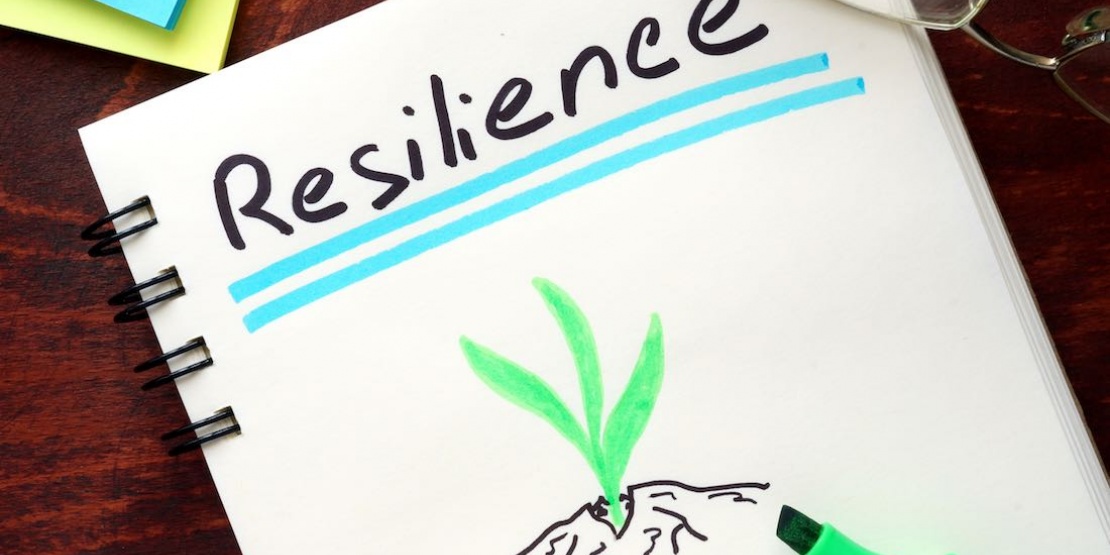The COVID-19 pandemic has disrupted supply chains and made companies more vulnerable. However, companies that had taken a CSR approach appear to have been more resilient than their competitors. EcoVadis, a CSR ratings platform, is convinced that adopting a sustainable strategy for managing supply chains allows companies to better prepare for health crises.
Three groups of indicators to monitor closely
From its database (made up of 65,000 company ratings), EcoVadis identifies three main areas of indicators to monitor, which are crucial to companies' resilience against COVID-19:
- Employee health and safety with three key indicators: employee training in health and safety risks and best practices, operational health and safety risk assessments and employee medical checks.
- Working conditions with four indicators: medical coverage, childcare services or allowances, flexibility at work and additional leave.
- Supply chain due diligence with two indicators: regular supplier assessment and supplier risk analysis regarding corporate social responsibility.
By observing supplier involvement in these various areas, their level of preparation for a health crisis can be assessed to ultimately secure the entire supply chain.
State of play during the COVID-19 pandemic
The EcoVadis study highlights a lack of overall preparation in the event of a health crisis: 34% of suppliers haven't implemented any measures in these three areas. This trend is particularly apparent in wholesale trade and liberal professions and services, and even in the transport and ICT (information and communication technologies) sectors, which have historically been more focused on diversity and anti-corruption.
There is also an imbalance among these three groups of indicators:
- The greatest strength for suppliers centres around prioritising and maintaining their employees' physical and mental health. Some 56% of the suppliers surveyed have implemented measures concerning the health and safety of their employees with one key action: training.
- At the same time, 43% of the suppliers have begun implementing actions to improve working conditions. Financial, legal, consulting and ICT industries have made particularly good progress in these areas.
- Finally, only 20% of companies collect data and monitor their suppliers' preparation measures. Their biggest weakness lies in carrying out supplier risk analysis regarding CSR (around 3% of companies).
In conclusion, this CSR assessment data provides an overview of the resilience of a company's network of partners. This helps to identify at-risk suppliers and prioritise the corrective actions required to strengthen a company's own ability to react, adapt and be flexible.









